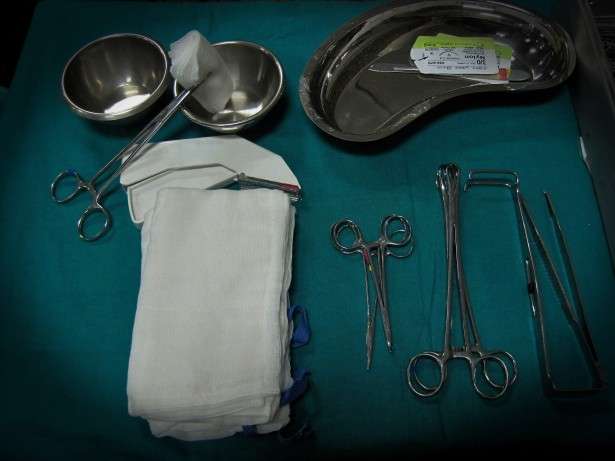High rate of patient factors linked to hospital readmissions following general surgery

An analysis of risk factors for hospital readmission following general surgery finds that a large number of readmissions were not caused by suboptimal medical care or deterioration of medical conditions but by issues related to mental health, substance abuse, or homelessness, according to a study published online by JAMA Surgery.
Previous studies investigating patients at risk for hospital readmissions focus on medical services and have found chronic conditions as contributors. Little is known, however, of the characteristics of patients readmitted from surgical services. Lisa K. McIntyre, M.D., of the University of Washington Medical Center, Seattle, and colleagues conducted a study that included 173 general surgical patients (91 men) who were identified as being unplanned readmissions within 30 days among 2,100 discharges (8 percent) at a Level I trauma center and safety-net hospital. Medical records of the patients were reviewed to characterize index and readmission data.
The researchers found that the most common reason for readmission included 29 patients who were initially admitted with soft tissue infections from injection drug use requiring operative drainage and who were then readmitted with new soft tissue infections at other sites (17 percent of readmitted patients). Twenty-five readmitted patients (14.5 percent) were found to have lack of adequate social support leading to issues surrounding the discharge and follow-up process (e.g., lack of home for postdischarge telephone calls, follow-up appointments not scheduled or not attended, postdischarge care needs underestimated). Together, these 2 groups made up almost a third of the readmissions (n = 54, 31 percent).
Other reasons for readmission included 23 patients with infections not detectable during index admission (13 percent), and 16 with illness related to their injury or condition (9 percent). Sixteen patients were identified as having a likely preventable complication of care (9 percent), and 2 were readmitted owing to deterioration of medical conditions (1 percent).
Female sex, presence of diabetes, sepsis on admission, or intensive care unit stay during index admission, as well as discharge to respite care and payer status (Medicaid/Medicare compared with commercial) were identified as risk factors for readmission.
"Many cases of readmissions may truly be unavoidable in our current paradigms of care because we found socially fragile populations to be at as high risk as those that are medically fragile," the authors write. "Because interventions to reduce the risk of readmission for any group of patients can be costly and labor intensive, identification of the highest risk cohort for readmission can allow more targeted intervention for this population of socially vulnerable patients."
More information: JAMA Surgery. Published online June 15, 2016. DOI: 10.1001/jamasurg.2016.1258



















